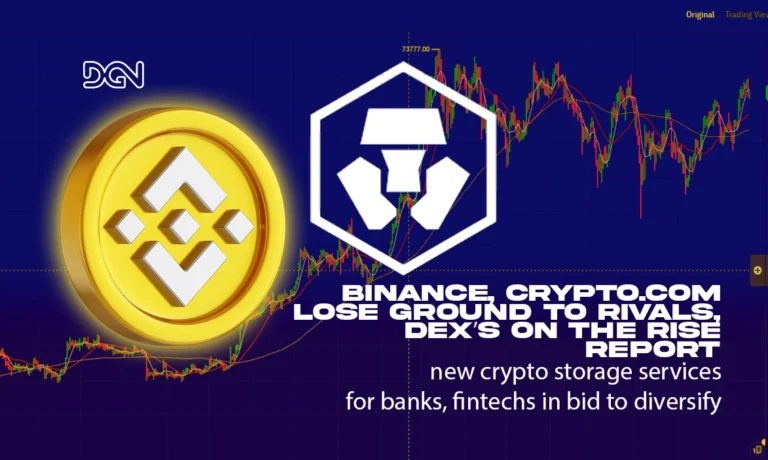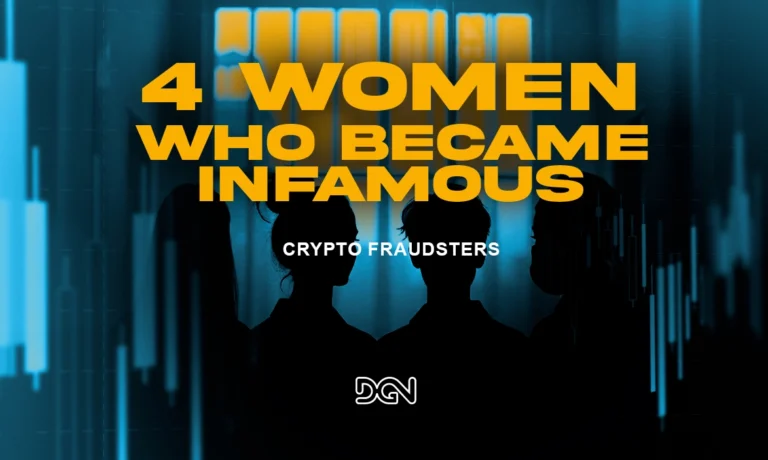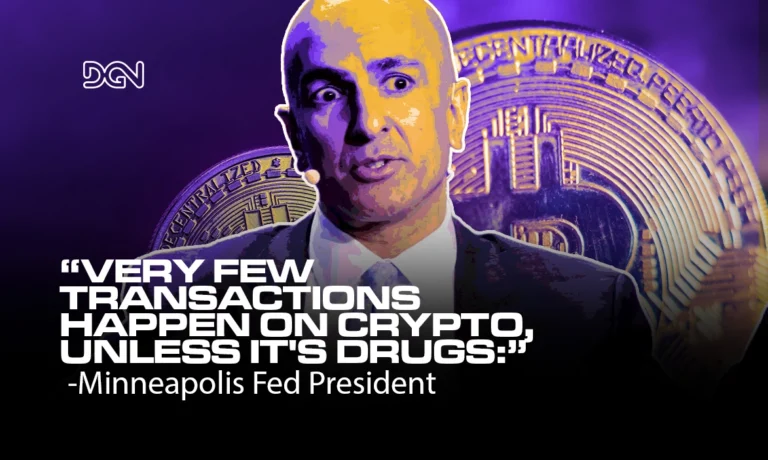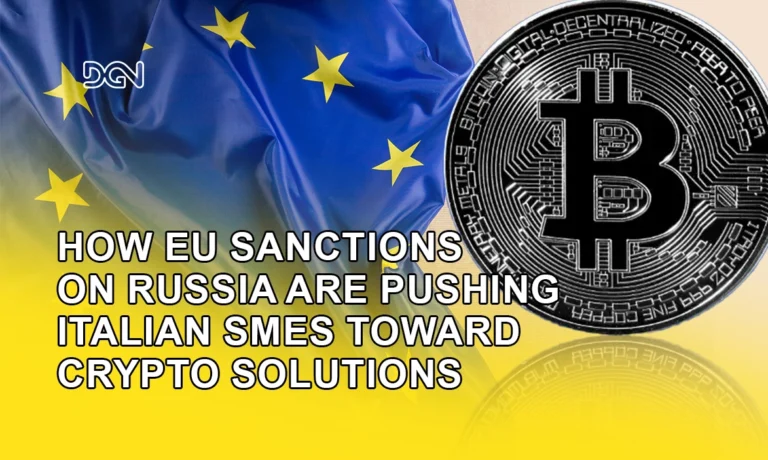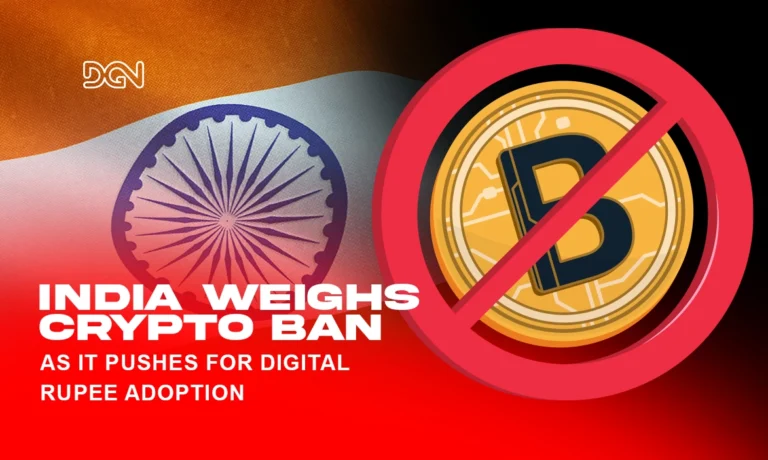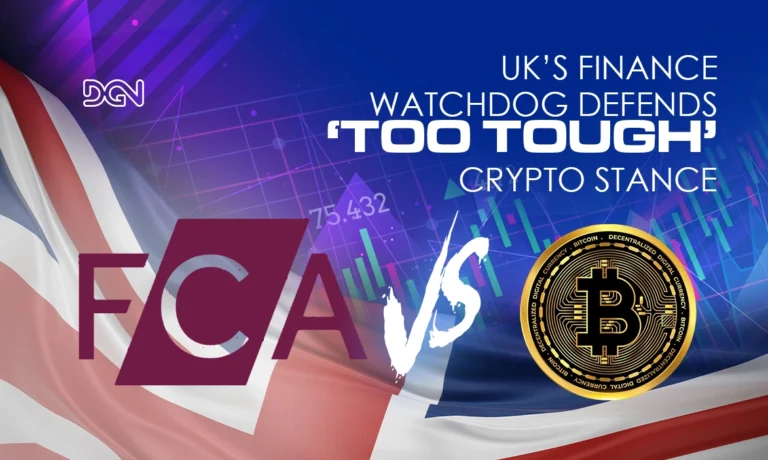MakerDAO, one of the most established projects in decentralized finance (DeFi), is reassessing its rebranding strategy after its recent pivot to the Sky brand failed to gain traction in the market. Following the transition from MKR to SKY tokens, the project has experienced a sharp decline in token value, forcing its leadership to rethink the rebranding effort.
MakerDAO’s Rebranding to Sky
In late August 2024, MakerDAO announced a strategic rebranding, part of the “Endgame” plan crafted by its founder, Rune Christensen. The rebranding introduced the Sky brand as a new identity to replace Maker, and with it came significant changes to the platform. The governance token MKR was replaced by SKY, with a conversion ratio of 1 MKR to 24,000 SKY. MakerDAO also launched a new stablecoin, USDS, which took over from DAI.
This move was meant to refresh the project’s identity and better position it against rising competitors in the DeFi ecosystem. By emphasizing decentralization and security, MakerDAO hoped to rejuvenate its community and attract new users.
Sky Token Faces Market Struggles
Despite the ambitious objectives of the rebranding, the market response has been far from favorable. Since SKY’s launch in September, the token’s value has dropped by 26.8%, falling from $0.066 at launch to $0.049. MakerDAO’s effort to leverage the psychological appeal of a low-priced token with high circulation failed to spark investor interest. The strategy, often employed in the memecoin space, did not resonate with MakerDAO’s core DeFi user base.
This poor market performance stands in stark contrast to the price stability typically associated with MKR, which previously traded at over $1,100 per token. The decision to offer 23.4 billion SKY tokens compared to just 1 million MKR tokens created a market perception that the project had diluted its value, which further drove down the token price.
The Rebranding Backlash

The backlash against the rebranding hasn’t been limited to market performance. MakerDAO’s community has expressed dissatisfaction with the shift away from the trusted Maker brand, which was long associated with stability and security in the DeFi space. Community members voiced their concerns in the MakerDAO governance forum, where many indicated a preference for keeping MKR as the platform’s governance token.
According to Christensen, MakerDAO is now considering multiple options in light of the rebranding’s failure. These include continuing to support Sky, reverting to the Maker brand, or possibly rebranding once again with a new identity that better aligns with the platform’s core values.
USDS Shows Promise Despite Centralization Concerns
While the rebranding of SKY has struggled, MakerDAO’s new stablecoin, USDS, has seen better performance. USDS, introduced to replace DAI, has maintained strong on-chain metrics and has been embraced by users attracted to its 6.5% APR yield via the platform’s Sky Saving Rate.
However, USDS has drawn criticism for its centralization features. Like Tether, USDS has the capability to freeze assets at certain addresses, which goes against the principles of decentralization that MakerDAO was founded on. While this feature is intended for use in extreme circumstances like security breaches, it has raised concerns among decentralization advocates who fear that the stablecoin may be susceptible to misuse.
Also read: Indicted NYC Mayor Eric Adams’ Crypto Promises Under Scrutiny Amid Legal Troubles
What Lies Ahead for MakerDAO?
The next steps for MakerDAO remain uncertain. The project’s leadership must now decide whether to continue with the Sky brand, reinstate the Maker brand, or pursue another rebranding altogether. For a platform that has long been viewed as a beacon of stability in the volatile world of DeFi, MakerDAO’s current predicament illustrates the high stakes involved in any major strategic shift.
As Christensen acknowledged, the DeFi community’s trust in the Maker brand may be too significant to cast aside, and the project’s leadership is weighing this trust against the need to evolve. Whether MakerDAO decides to continue down the Sky path or return to its roots, it is clear that the next few months will be critical for the project’s future.
MakerDAO’s attempt to rebrand itself as Sky has so far failed to meet expectations, with token prices dropping and community pushback mounting. While its new stablecoin USDS has performed well, concerns about centralization remain. The project now faces a crucial decision regarding its brand identity moving forward.





